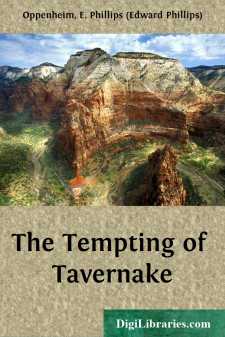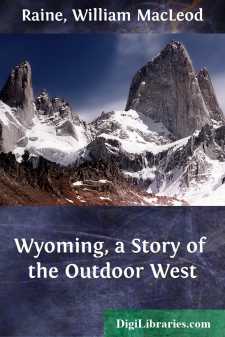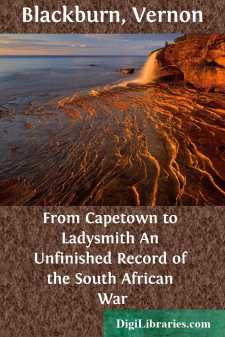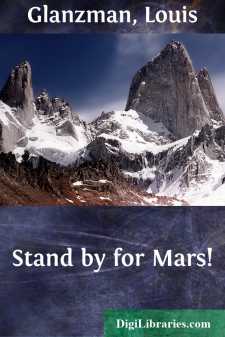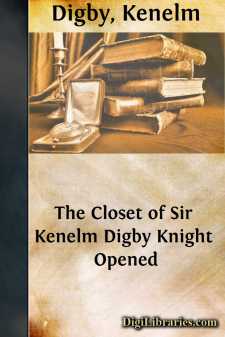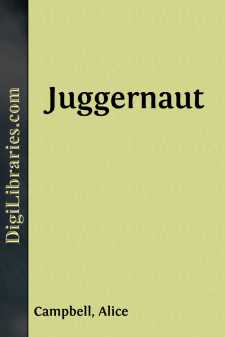Categories
- Antiques & Collectibles 13
- Architecture 36
- Art 48
- Bibles 22
- Biography & Autobiography 813
- Body, Mind & Spirit 142
- Business & Economics 28
- Children's Books 13
- Children's Fiction 10
- Computers 4
- Cooking 94
- Crafts & Hobbies 4
- Drama 346
- Education 46
- Family & Relationships 57
- Fiction 11828
- Games 19
- Gardening 17
- Health & Fitness 34
- History 1377
- House & Home 1
- Humor 147
- Juvenile Fiction 1873
- Juvenile Nonfiction 202
- Language Arts & Disciplines 88
- Law 16
- Literary Collections 686
- Literary Criticism 179
- Mathematics 13
- Medical 41
- Music 40
- Nature 179
- Non-Classifiable 1768
- Performing Arts 7
- Periodicals 1453
- Philosophy 64
- Photography 2
- Poetry 896
- Political Science 203
- Psychology 42
- Reference 154
- Religion 513
- Science 126
- Self-Help 84
- Social Science 81
- Sports & Recreation 34
- Study Aids 3
- Technology & Engineering 59
- Transportation 23
- Travel 463
- True Crime 29
Sort by:
CHAPTER I IN THE BEGINNING Had I a plantation of this Isle, my lord— * * * * * I' the Commonwealth I would by contrariesExecute all things; for no kind of trafficWould I admit . . . riches, povertyAnd use of service, none. SHAKESPEARE How quaint seems the demand for details of life on this Isle of Scent and Silence! Lolling in shade and quietude, was I guilty of indiscretion when I babbled of my...
more...
CHAPTER I. DESPAIR AND INTEREST They stood upon the roof of a London boarding-house in the neighborhood of Russell Square—one of those grim shelters, the refuge of Transatlantic curiosity and British penury. The girl—she represented the former race was leaning against the frail palisading, with gloomy expression and eyes set as though in fixed contemplation of the uninspiring panorama. The young...
more...
PREFACE.————This lesson-book was prepared in order to meet a need realized in my own work as a pastor; a need which is felt by many pastors and workers among the young. In the Home, Sunday-School and Church are children of all ages, from six to sixteen. It is found impracticable to give to all this varied company the same teaching. The lessons that are admirably adapted for boys and girls...
more...
CHAPTER 1. A DESERT MEETING An automobile shot out from a gash in the hills and slipped swiftly down to the butte. Here it came to a halt on the white, dusty road, while its occupant gazed with eager, unsated eyes on the great panorama that stretched before her. The earth rolled in waves like a mighty sea to the distant horizon line. From a wonderful blue sky poured down upon the land a bath of...
more...
by:
Vernon Blackburn
I. FIRST GLIMPSES OF THE STRUGGLE. FIRST IMPRESSIONS—DENVER WITH A DASH OF DELHI—GOVERNMENT HOUSE—THE LEGISLATIVE ASSEMBLY—A WRANGLING DEBATE—A DEMONSTRATION OF THE UNEMPLOYED—THE MENACE OF COMING WAR. Capetown, Oct. 10. This morning I awoke, and behold the Norman was lying alongside a wharf at Capetown. I had expected it, and yet it was a shock. In this breathless age ten days out of sight...
more...
by:
Louis Glanzman
CHAPTER 1 "Stand to, you rocket wash!" A harsh, bull-throated roar thundered over the platform of the monorail station at Space Academy and suddenly the lively chatter and laughter of more than a hundred boys was stilled. Tumbling out of the gleaming monorail cars, they froze to quick attention, their eyes turned to the main exit ramp. They saw a short, squat, heavily built man, wearing the...
more...
by:
Kenelm Digby
INTRODUCTION With the waning of Sir Kenelm Digby's philosophic reputation his name has not become obscure. It stands, vaguely perhaps, but permanently, for something versatile and brilliant and romantic. He remains a perpetual type of the hero of romance, the double hero, in the field of action and the realm of the spirit. Had he lived in an earlier age he would now be a mythological personage;...
more...
Chapter 1: A Lost Father. "There is no saying, lad, no saying at all. All I know is that your father, the captain, was washed ashore at the same time as I was. As you have heard me say, I owed my life to him. I was pretty nigh gone when I caught sight of him, holding on to a spar. Spent as I was, I managed to give a shout loud enough to catch his ear. He looked round. I waved my hand and shouted,...
more...
by:
Alice Campbell
CHAPTER I When Esther rang the bell of Numéro 86 Route de Grasse, she felt within her that pleasant sort of stage-fright—a mixture of dread and exhilaration—which one is apt to experience when venturing into the unknown. The thrill might be out of all proportion to the prosaic character of her mission—for what is there exciting in applying for a post as a doctor's assistant?—yet there was...
more...
by:
Fox B. Holden
His head hurt like blazes, but he was alive, and to be alive meant fighting like hell to stay that way. That was the first thing returning consciousness told him. The next was that his helmet should have been cracked wide open when the bum landing had wrenched the acceleration hammocks out of their suspension sockets and heaved his suited body across the buckled conning deck. It should've been,...
more...



